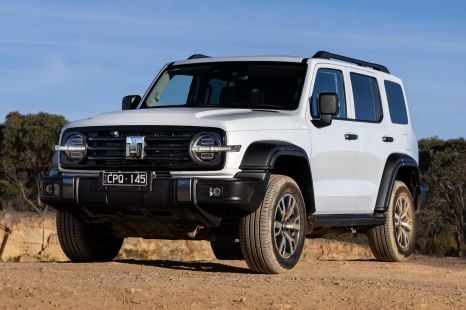

Jack Quick
2026 GWM Tank 300 review
1 Day Ago

Contributor
There’s a new kid on the electric vehicle block in Australia, and it’s arrived with a bang.
The MG ZS EV has officially been priced. Its $43,990 drive-away sticker price makes it the cheapest pure-electric vehicle on sale in Australia, undercutting the Hyundai Ioniq Electric Elite by just under $10,000 once on-road costs are considered.
It’s also $3000 cheaper than the drive-away pre-order price announced earlier this year.
Range in the ZS EV is a claimed 263km from a 44.5kWh lithium-ion battery pack, and power comes from a front-mounted electric motor with 105kW and 353Nm.
It’ll be followed by the larger HS plug-in hybrid, as MG continues its electrified roll-out in Australia.
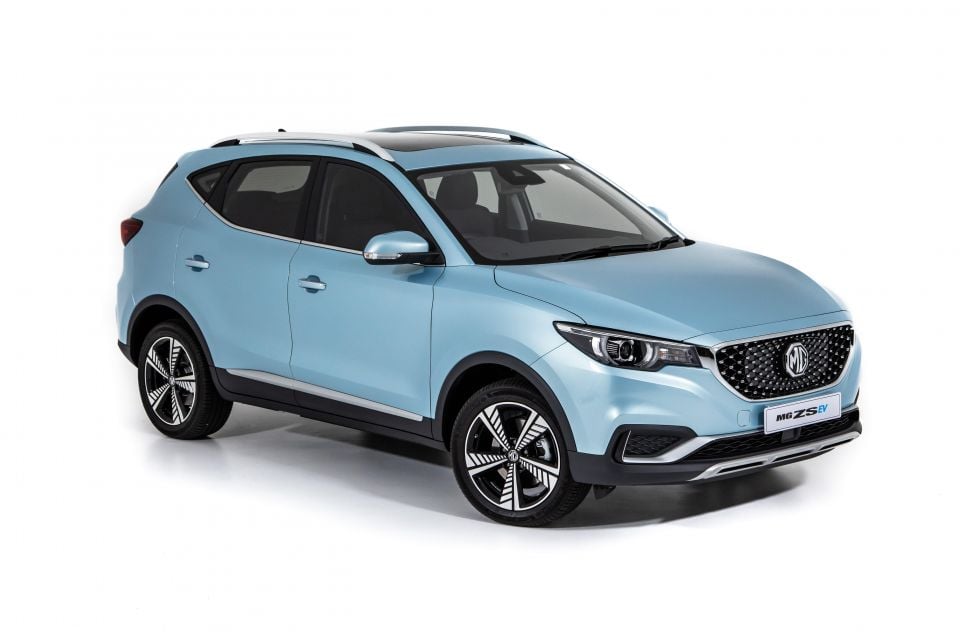
“It’s an amazing announcement for MG and for electric vehicles, making a new electric vehicle more accessible through lowering the price of entry in our market quite significantly,” Behyad Jafari, CEO of the Australian Electric Vehicle Council, told CarExpert.
“It also shows great faith in Australia’s electric vehicle market. The economics of this work when you have faith that you can sell more product.
“When you move more product you can shrink your margins, because you can reduce your prices, because you know you’ll make your return on more vehicles. That’s been a challenge for quite some time.
“People have looked our market in past years when only around 2000 electric vehicles were being sold and saying we’re not sure whether the demand is there, or if we’re going to make our returns in this market.
“You now see a car company [MG Australia] that came and did pre-sales at one price, saw the reaction it got to those pre-sales, and said ‘great, we can actually reduce our prices’.”
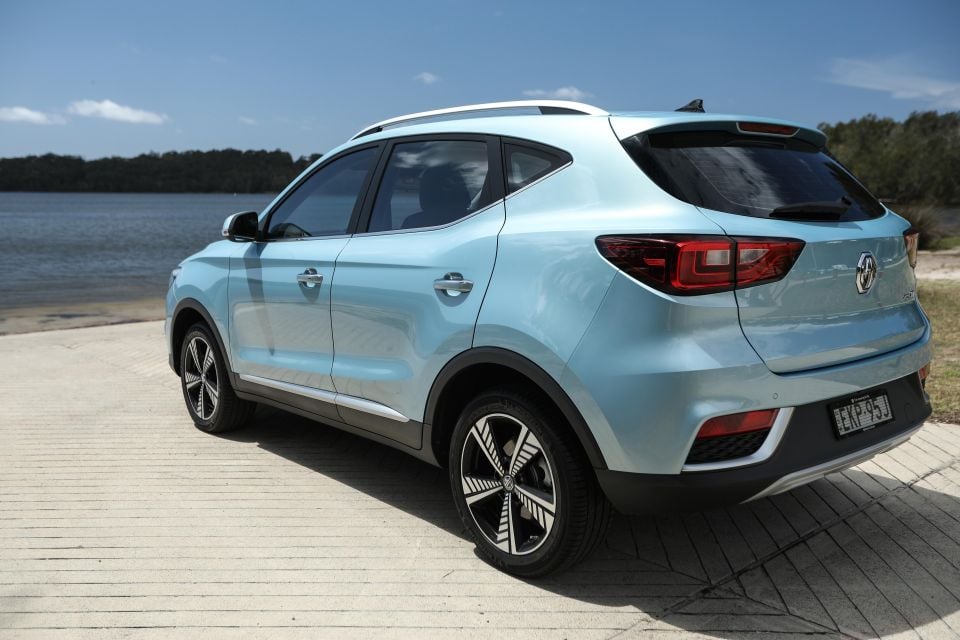
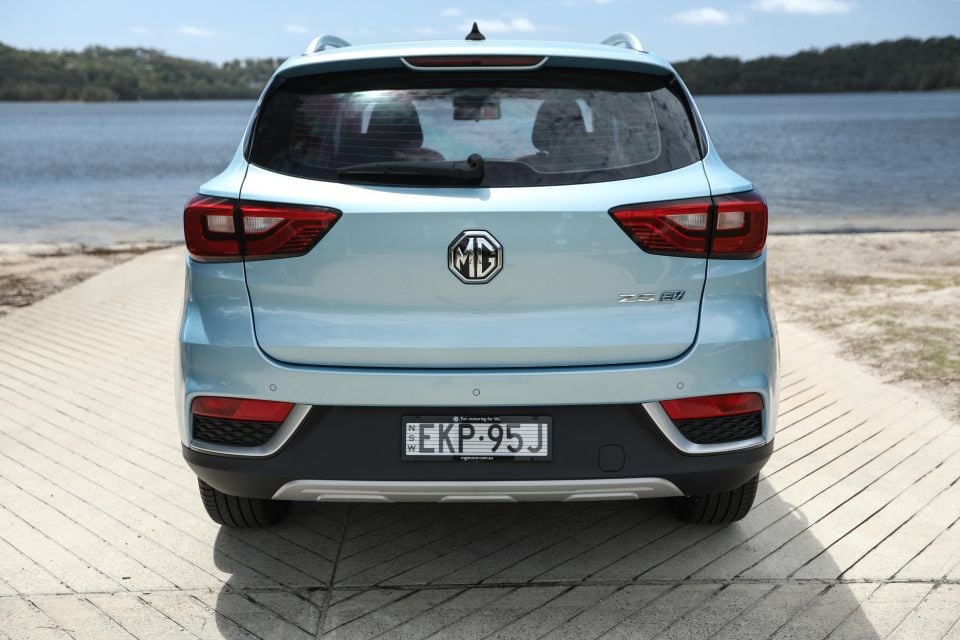
The fact the ZS EV is an SUV is significant too, given high-riding vehicles accounted for more than 50 per cent of the Australian new car market last month.
The cheapest electric SUV in Australia is currently the Hyundai Kona Electric, which starts at $60,740 before on-road costs.
According to VFACTS sales figures, sales of petrol-electric hybrids are up 101.3 per cent in 2020. Plug-in hybrids are up 12.8 per cent and electric vehicles are up 14.1 per cent – and that’s excluding market leader Tesla, which refuses to disclose sales data but whose Model 3 is the best-selling electric car.
This annual growth equates to higher market-share gains than it may appear, considering the industry’s overall sales are down 18.8 per cent for the year. Petrol-only cars are down 24.3 per cent and diesels are down 18.8 per cent.
Where expert car reviews meet expert car buying – CarExpert gives you trusted advice, personalised service and real savings on your next new car.
Scott Collie is an automotive journalist based in Melbourne, Australia. Scott studied journalism at RMIT University and, after a lifelong obsession with everything automotive, started covering the car industry shortly afterwards. He has a passion for travel, and is an avid Melbourne Demons supporter.


Jack Quick
1 Day Ago
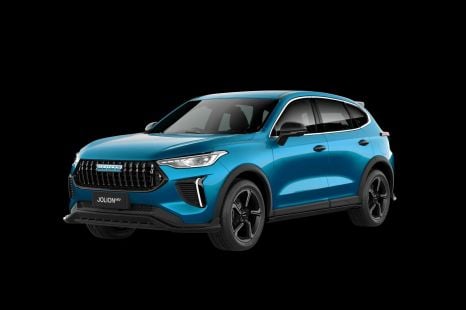

William Stopford
6 Days Ago
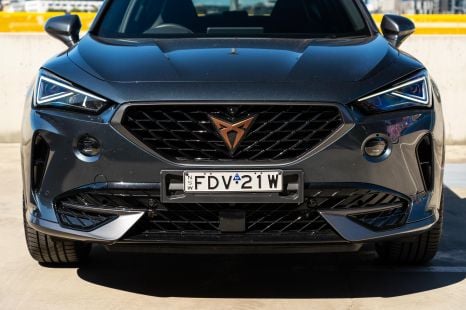

James Wong
6 Days Ago


William Stopford
8 Days Ago
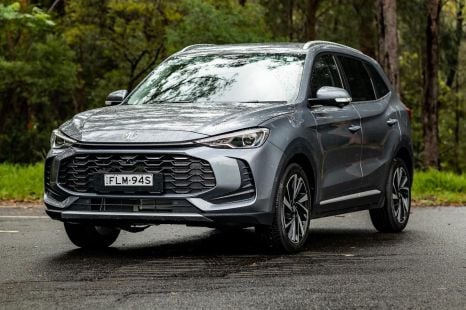

Matt Campbell
9 Days Ago


James Wong
11 Days Ago